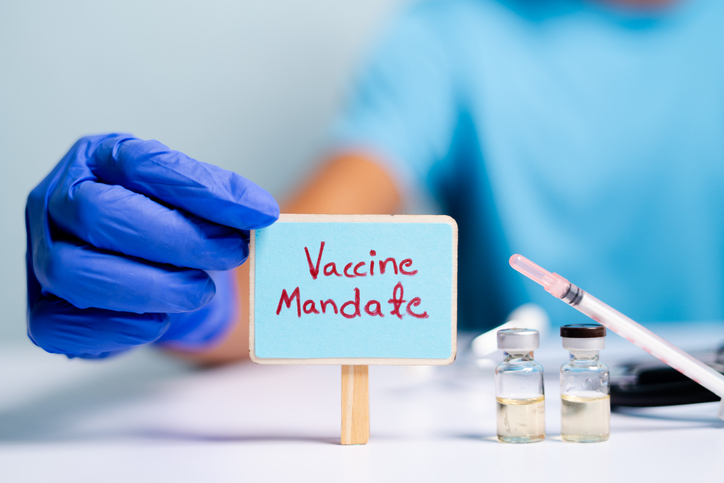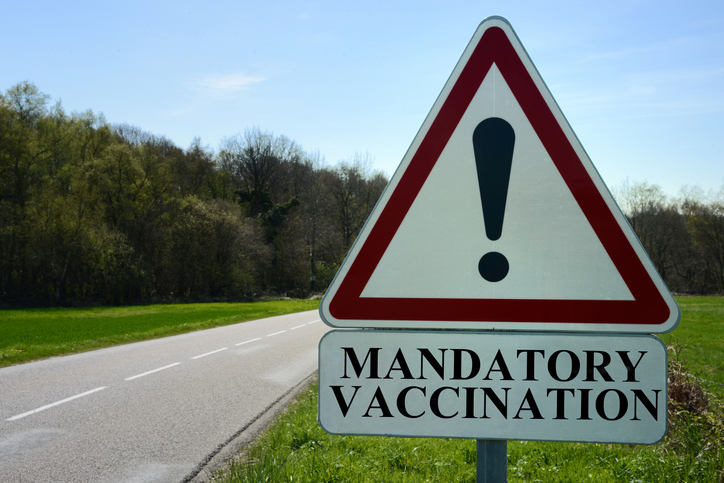OVERVIEW
As we blogged previously, now that the NCAA allows student-athletes to benefit financially from their name, image, and likeness (NIL), new issues are emerging for campuses and their student-athletes, and particularly visa issues for international student-athletes. I recommend that each NCAA college develop a policy for NIL and student-athletes, in consultation with the diverse stakeholders involved on campus, including those responsible for athletics, international student visa compliance, and campus exclusivity contracts.
COMPANIES SHOULD CONFIRM EACH INTERNATIONAL STUDENT-ATHLETE’S VISA CATEGORY
There are different visa categories with different rules. Most international student-athletes are in F-1 international student status, sponsored by their college or university. That means the school is responsible for the student-athlete’s immigration compliance and has discretion to cancel the international student’s F-1 visa status if the student-athlete does anything that violates F-1 rules. Working outside of permitted parameters is a status violation that requires the school’s Designated School Officials (DSOs) to terminate the student’s F-1 visa status. The school’s DSOs have significant discretion in determining whether a student in F-1 visa status violated status by working without proper authorization.
Many visa categories do not offer work authorization, so only passive income is allowed. Some international students on campus are in other visa status categories, typically as dependents of parents or guardians living in the U.S. with work visas. Examples include children of diplomats, professionals, or business executives. Some international students are in the U.S. with their own work visas or as spouses of individuals with work visas. As a general rule, international students in visa status categories other than F-1 have no work authorization at all, so they have to restrict any NIL activities to passive income that doesn’t qualify as work (the only exception is that some spouses may be eligible for work authorization, depending on their visa status category). Their college or university has no responsibility or role in their immigration compliance.
Be sure to confirm an international student-athlete’s visa category at the outset. So for NIL deals, the first crucial point is to verify the specific visa status category of an international student-athlete. For individuals who are not in F-1 student status and don’t have work authorization as a spouse in their visa category, maintaining compliance by limiting activities to only passive income is a matter between the student, the company, and government (Internal Revenue Service and Social Security Administration). Accountants can help these international student-athletes maintain compliance. They may obtain an Individual Taxpayer Identification Number, form a corporation or limited liability corporation (LLC), file LLC or corporate tax returns, and benefit from passive income from NIL activities.
Don’t assume! International student-athletes may have other scenarios, subject to different rules. Student-athletes also may be permanent residents with green cards, Deferred Action for Childhood Arrivals (DACA) beneficiaries, or undocumented. Lawful permanent residents with green cards are U.S. nationals and have unrestricted work authorization. Applicants for lawful permanent resident status who don’t have green cards yet may have work authorization, depending on the progress of their permanent residency applications. Individuals with DACA protection have unrestricted work authorization. Undocumented individuals have no work authorization. So again, it’s important to confirm the status of each international student-athlete before negotiating NIL arrangements with them.
SPECIAL RULES FOR INTERNATIONAL STUDENT-ATHLETES IN F-1 STATUS SPONSORED BY THEIR SCHOOLS
Schools enforce F-1 student visa employment rules, as required by the U.S. Department of Homeland Security (DHS). Schools may be authorized by DHS to sponsor international students in F-1 visa status, which affords college and university students some limited work authorization. But international students in F-1 status are subject to discretionary compliance decisions of their school, and of Immigration and Customs Enforcement (ICE), the division of DHS which regulates the Student and Exchange Visitor program (SEVP). ICE delegates authority to F-1 sponsoring schools to monitor and enforce F-1 visa compliance and requires schools to enforce the rules strictly or lose the right to sponsor F-1 visas for international students.
F-1 students have limited work authorization, on and off campus, and violating the employment rules can have devastating consequences. F-1 international students are allowed to work on campus, but there are restrictions as to the hours per week; they may work off-campus, but only for optional practical training in their field or curricular practical training as part of their education. All off-campus work requires specific authorization by a Designated School Official (DSO) at their school, and also may require specific approval of the U.S. Citizenship and Immigration Services (USCIS). Any work on campus beyond permitted parameters and any off-campus employment without the required DSO and/or USCIS approval is a violation of status requiring the DSO to terminate the international student’s F-1 visa status, often with drastic consequences for the international student. Determining what activities qualify as “work” is important; volunteering in work that usually is paid is prohibited under both immigration laws and employment laws.
The schools decide whether an F-1 student violated status by working outside approved parameters, and the DSOs have to be very strict about this. For F-1 international students, the school’s DSOs have discretion to decide if the student violated status through employment. If a DSO decides the F- international student violated status, the DSO is required by law to terminate the student’s F-1 visa status. DSOs tend to take a conservative approach to immigration compliance for international students and they are required to take their responsibilities for ICE very seriously, to protect their school’s F-1 international student program. So it’s vital for F-1 international students to work closely with their school’s DSOs, to avoid any employment that a DSO would view as unauthorized. Without a campus policy, DSOs have to follow DHS guidance about what type of NIL activities DHS believes is allowed.
NIL ACTIVITIES ON CAMPUS – WHAT ABOUT EXCLUSIVITY CONTRACTS?
Campuses enter into exclusivity contracts with vendors, so campus policy should clarify whether NIL activities on campus for other brands or companies violate these agreements. In addition to questions about work authorization, NIL activities on campus may implicate campus exclusivity contracts. Colleges and universities may have exclusivity contracts with major brands such as Adidas, Nike, Under Armour, Coca Cola, Pepsi, Dr. Pepper, Snapple, or Starbucks that yield financial benefits for the institution. Student-athletes may not consider their school’s exclusivity contracts when planning their NIL activities. International student-athletes may prefer to engage in NIL work on-campus to comply with F-1 visa rules, without considering whether the products or services conflict with campus exclusivity contracts. A screening and approval policy for NIL activities on campus could avoid issues with respect to the institution’s exclusivity contracts.
INSTITUTIONS SHOULD ADOPT POLICIES REGARDING NIL
Campus policies on NIL are crucial for campus constituencies, companies engaging with student-athletes, and particularly international student-athletes. All NCAA institutions should adopt NIL policies, in consultation with the diverse stakeholders on campus who have roles and responsibilities with regard to compliance and international students. This includes athletics (coaches and compliance), risk management, enrollment management, international office (or wherever DSOs work), academic and administrative leadership, and the business office. Questions to be considered include what types of NIL activities will be allowed on campus and the appropriate contact for student-athletes to seek approval for NIL activities, whether domestic students or international student athletes. For example, F-1 international students may want to engage in NIL activities on campus where they are allowed to work, but their NIL activity could violate exclusivity contracts on campus or could exceed their allowable hours to work on campus. Schools may want to prohibit NIL activities on campus, but this would restrict NIL opportunities for F-1 international students in particular. A policy could meet institutional objectives with equal application to all student-athletes, regardless of citizenship, or could address international student-athletes separately. A policy could allow exceptions, but it should specify which institutional authority is authorized to consider and approve exceptions.
COMPANIES SHOULD CONFIRM INSTITUTIONAL POLICIES
Companies engaging with student-athletes in NIL activities want them to benefit, and these efforts could backfire if the student-athlete violates their visa status, campus exclusivity contracts, or campus rules regulating commercial activities on campus. So companies should confirm in advance both the immigration status of international student-athletes and any applicable campus policies. Schools should commit their campus policy to writing, and make the policy available to student-athletes so they can share with interested companies up front. Most importantly, the campus policy should identify who on campus is the appropriate contact for student-athletes and companies to rely on for confirmation of campus policy, and to review any special circumstances that may not be expressly addressed in the policy. This could be a contact in athletics, or the international office, or the business office, whoever is informed about the institutional policy and considerations that led to the policy.
For more information, please reach out to Leigh Cole, lcole@hkemploymentlaw.com, immigration counsel for Hirschfeld Kraemer LLP.















